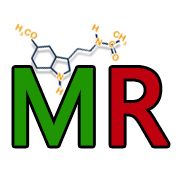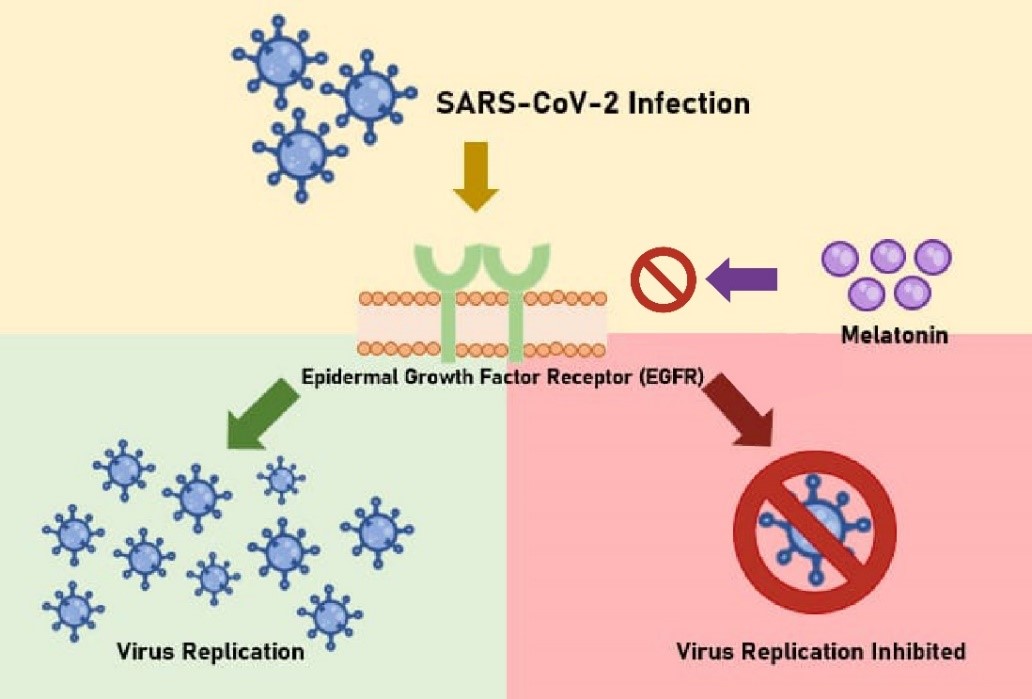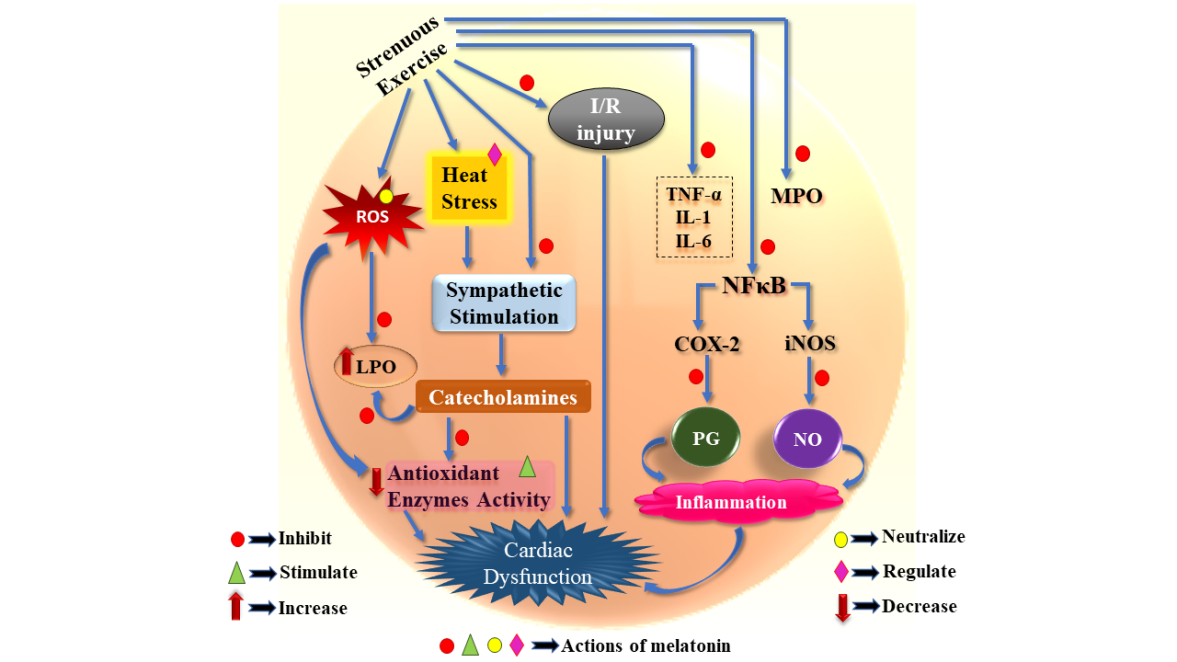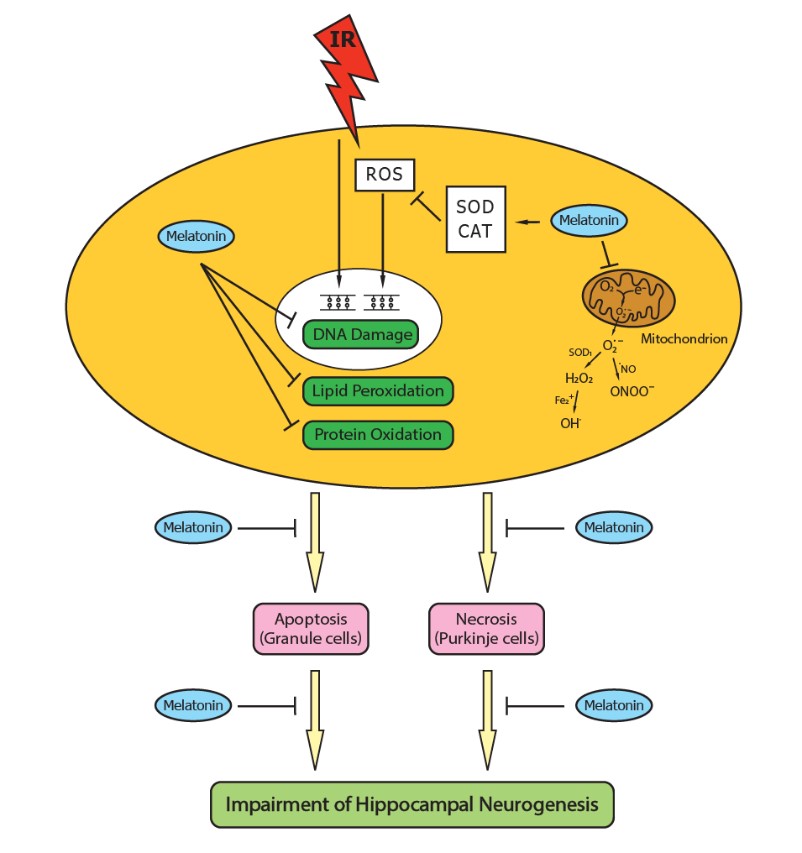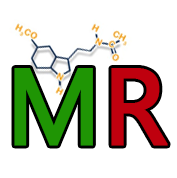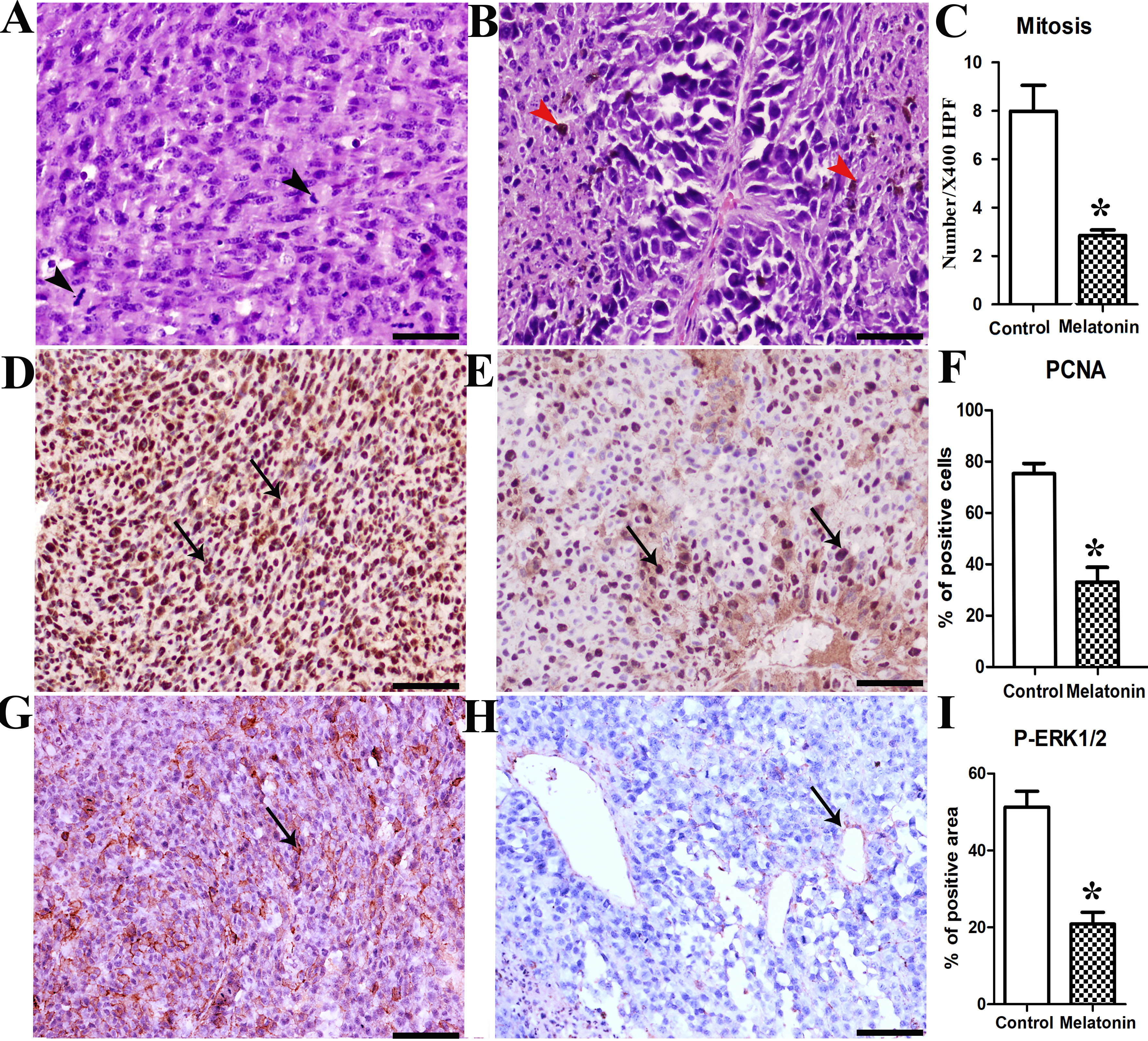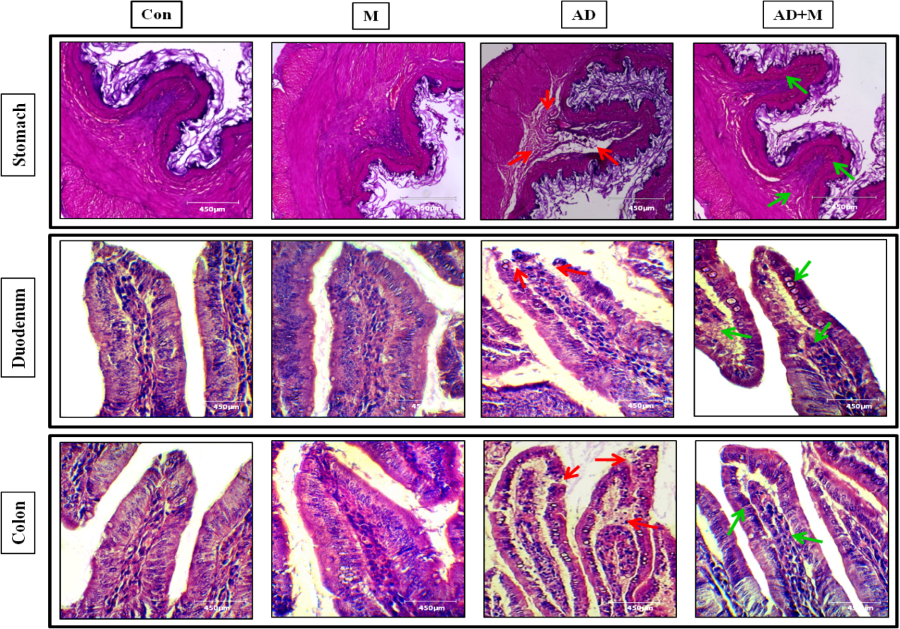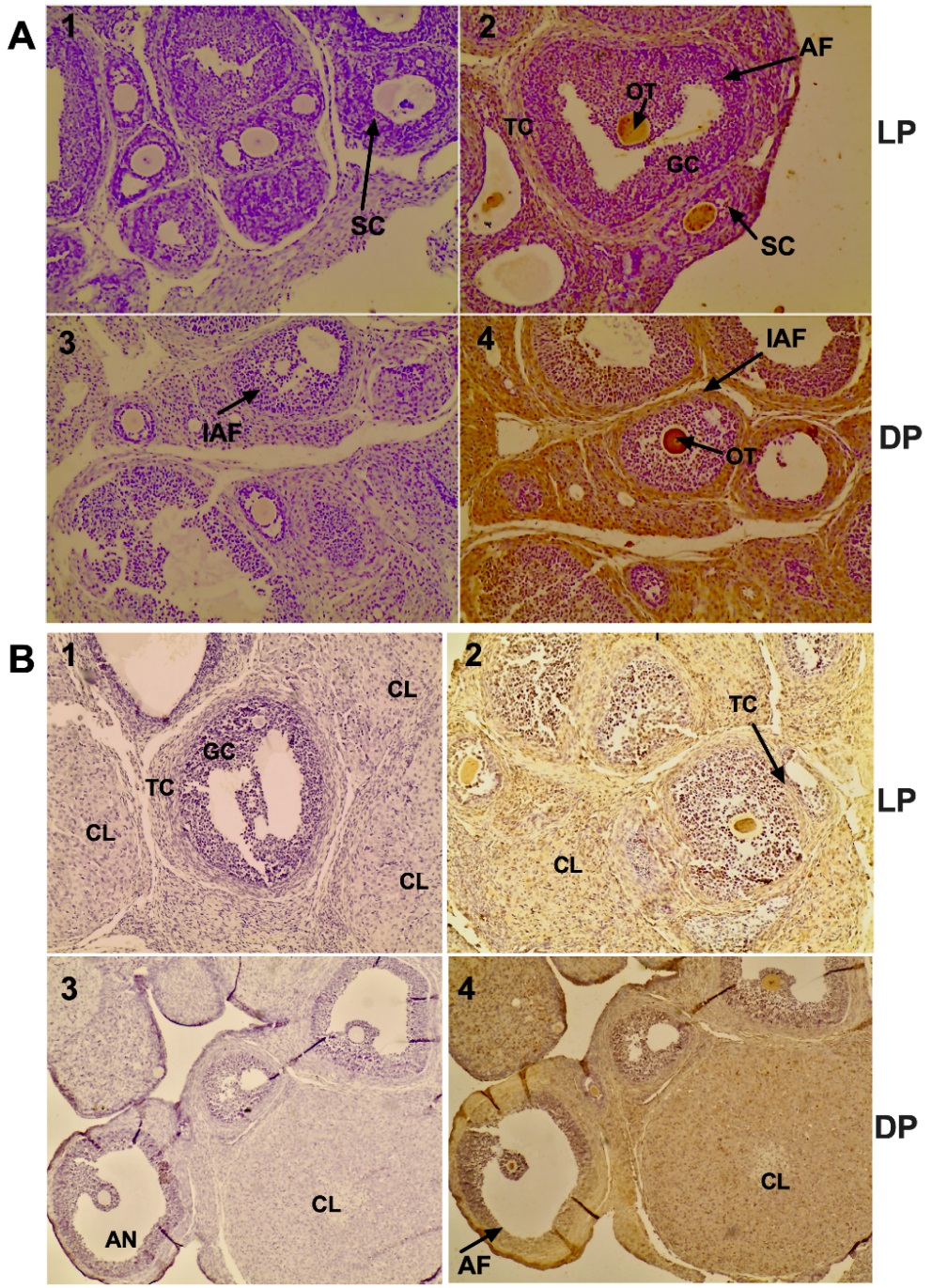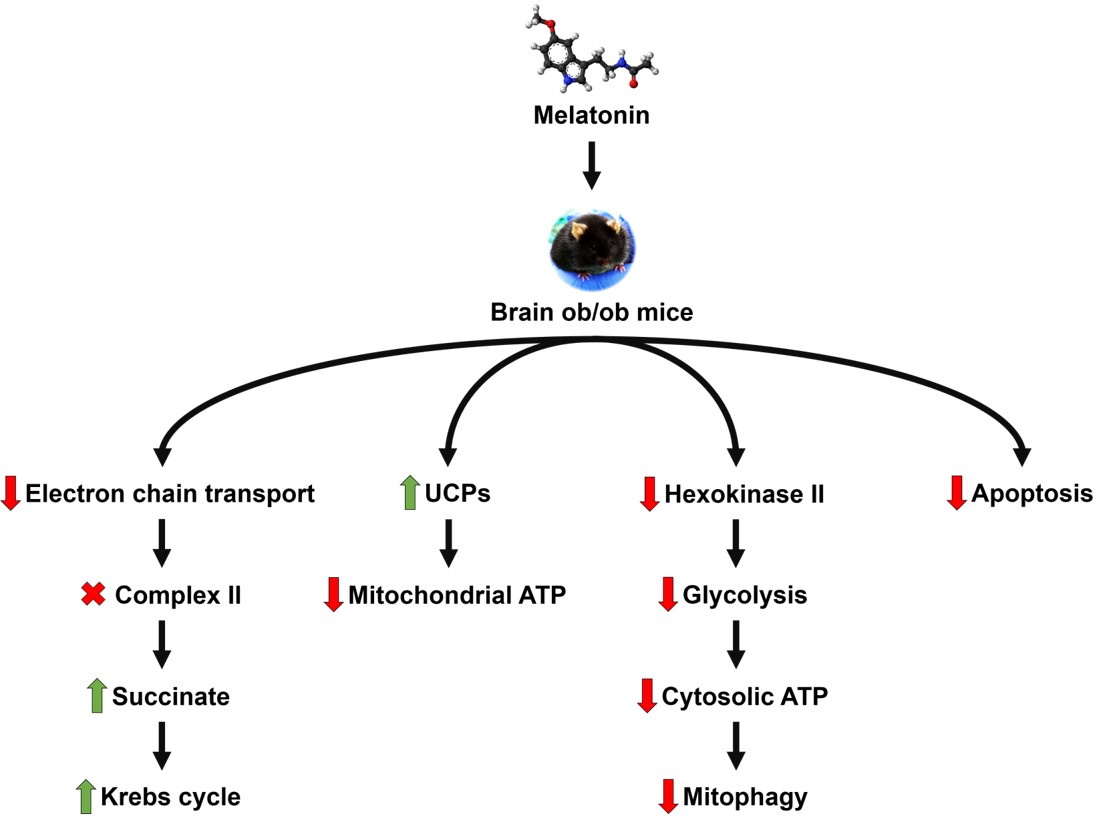
In this issue, we continue to report developments regarding the potentially therapeutic effects of melatonin on COVID-19. Based on the recent data that growth factor signaling is required for SARS-CoV-2 replication in the infected cells and the previous publications on the effects of melatonin on epidermal growth factor signaling, in this issue, Tesarik speculates that melatonin also acts against the virus itself via targeting the same molecular pathway to inhibit viral replication (see the cover figure). Ahmed suggests that COVID-19 patients should avoid room light during the night to preserve their endogenous melatonin production. This simple procedure may improve the immunity of COVID-19 patients and impact their outcomes. Thus, in the systemic review of melatonin and COVID-19, Pandi-Perumal and colleagues conclude that low melatonin may be a contributor to SARS-CoV-2 disease. Due to the still lack of a specifically effective treatment, any reasonable suggestion, idea or hypothesis that may improve the therapeutic outcome from this devastatingly infectious disease is helpful. In this regard, melatonin as an anti-inflammatory and antioxidant agent along with its large safety margin, low cost and ease of administration via multiple routes makes it an attractive molecule for this purpose. This issue also includes several other very interesting research articles and reviews which are related to different aspects of melatonin physiology.
